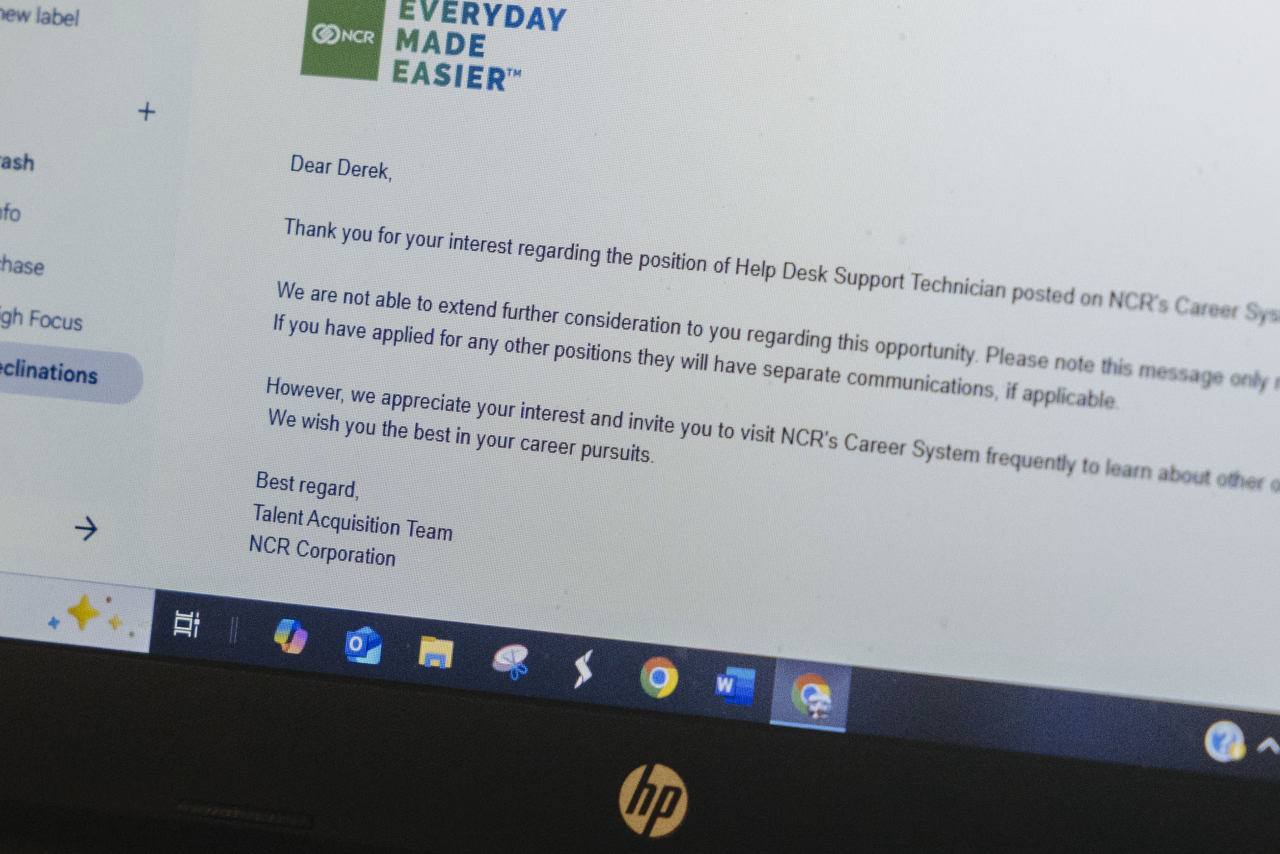Odds of tropical storm Dexter forming off Florida coast INCREASE as flight chaos erupts
Proper news from Britain - News from Britain you won’t find anywhere else. Not the tosh the big media force-feed you every day!
The likelihood of a tropical storm forming in the Gulf of Mexico this week has increased, hurricane forecasters warned Tuesday.
The National Hurricane Center (NHC) is monitoring a weather disturbance currently moving across the Atlantic, which now has a 40 percent chance of developing into a tropical cyclone within the next 48 hours.
The system is expected to move across Florida and into the Gulf of Mexico (now knowns as the Gulf of America) by midweek, where environmental conditions could support further development.
If it strengthens into a named storm, it would be called Tropical Storm Dexter.
The NHC raised the storm’s seven-day formation chances from 30 percent on Monday to 40 percent on Tuesday, reflecting growing concern as the system progresses westward.
Residents along the Gulf Coast are urged to stay alert for updates, as the system could bring heavy rain, flooding, and gusty winds regardless of whether it becomes a named storm.
The storm has already triggered flight delays and cancellations up and down the East Coast. Heavy thunderstorms along the entire East Coast delayed thousands of flights on Monday, with ground stops issued at nearly a dozen major airports.
According to Flight Aware, over 1,400 flights have already been delayed as of 8:45 am ET Tuesday. More than 800 have been cancelled.

AccuWeather meteorologists said in a statement: 'Businesses from Florida through the central Gulf Coast should prepare for shipping delays, flight disruptions and localized infrastructure strain.'
'Flood-prone areas may have stormwater management issues and short-notice closures as conditions evolve through Thursday,' the weather agency added.
The developing storm is projected to bring over four inches of rain to central and South Florida through Tuesday night.
Strong rip currents and rough rough surf will affect beaches throughout the region through Wednesday.
'Businesses from Florida through the central Gulf Coast should prepare for shipping delays, flight disruptions and localized infrastructure strain,' AccuWeather warned.
'Flood-prone areas may have storm water management issues and short-notice closures as conditions evolve through Thursday.'
Dexter is projected to reach sustained wind speeds of 60 mph when it makes landfall in New Orleans tomorrow.
Regardless of classification, meteorologists warned the storm will bring heavy rainfall and flash flooding to Louisiana and the central Gulf Coast.

The disturbance, labeled Invest 93L, is expected to enter the Gulf on Wednesday, where environmental conditions, such as warm water and lower wind shear, are favorable for development.
Currently, forecasts warn that New Orleans is facing a high risk of flashing flooding and rip currents through Friday. Up to eight inches of rain is predicted to fall on the city starting Wednesday morning.
A storm surge of one to three feet is forecast for eastern Louisiana and Mississippi, with wind gusts of 40 to 60 mph possible in southeastern Louisiana
New Orleans is highly vulnerable to flooding due to its low elevation along the Gulf Coast. In fact, most of the city sits below sea level.
A three-foot storm surge, which is a rapid rise in sea level caused by hurricane-force winds pushing water inland, could lead to damaging flooding in high-risk areas like New Orleans' Lower Ninth Ward and around Lake Pontchartrain.
In comparison to previous weather events in Louisiana, Dexter's storm surge would be much smaller than major hurricanes like Katrina, which had a 28-foot storm surge.
Studies of New Orleans, home to more than 360,000 people, have found that the city is now sinking by up to two inches every year - with projections warning that much of the region could be underwater by 2050.
On the storm's current track, over Florida and into Louisiana, at least 10 million people are in the potential path of Dexter.

Along the rest of the East Coast, the domino effect of airport delays from Monday are expected to cascade into next week.
AccuWeather is tracking even more tropical disturbances forming around July 21. That system could bring a tropical storm further up the coast, in the Carolinas and Virginia.
On Monday, Flight Aware reported that 10,816 flights into and out of the US were delayed and 2,606 were cancelled, affecting more than one million travelers throughout the country.
So far, New Jersey's Newark Liberty Airport has been the most affected airport on Tuesday.
As of 10:45am, Newark has seen the most number of cancelled flights both into and out of the airport.


